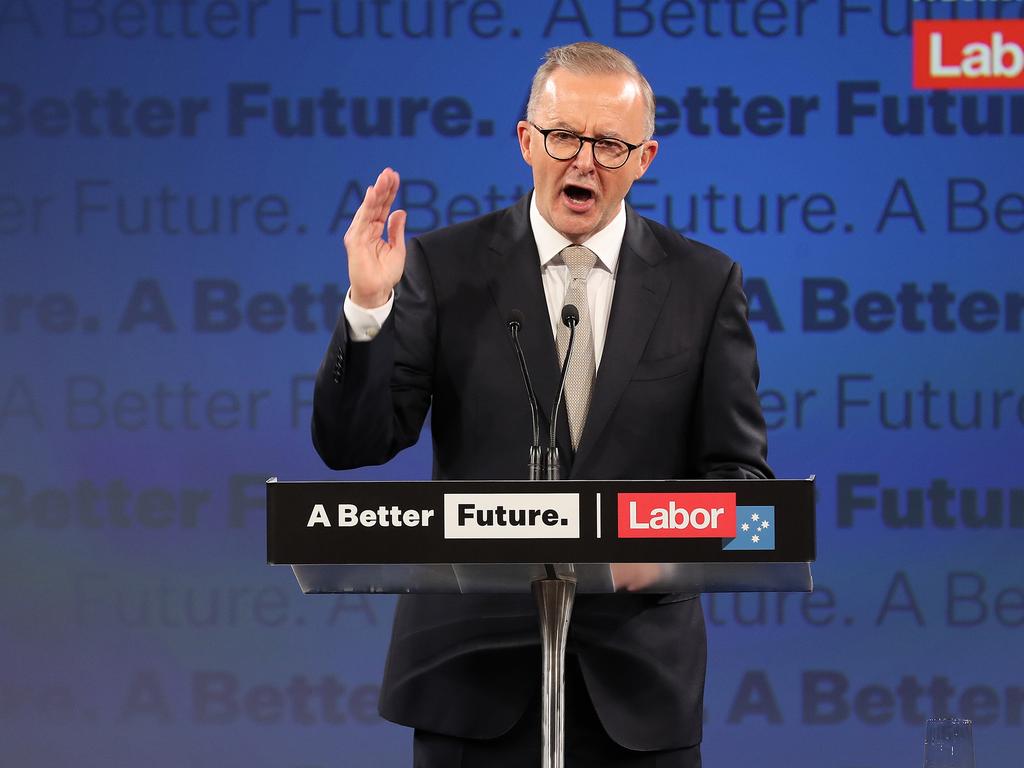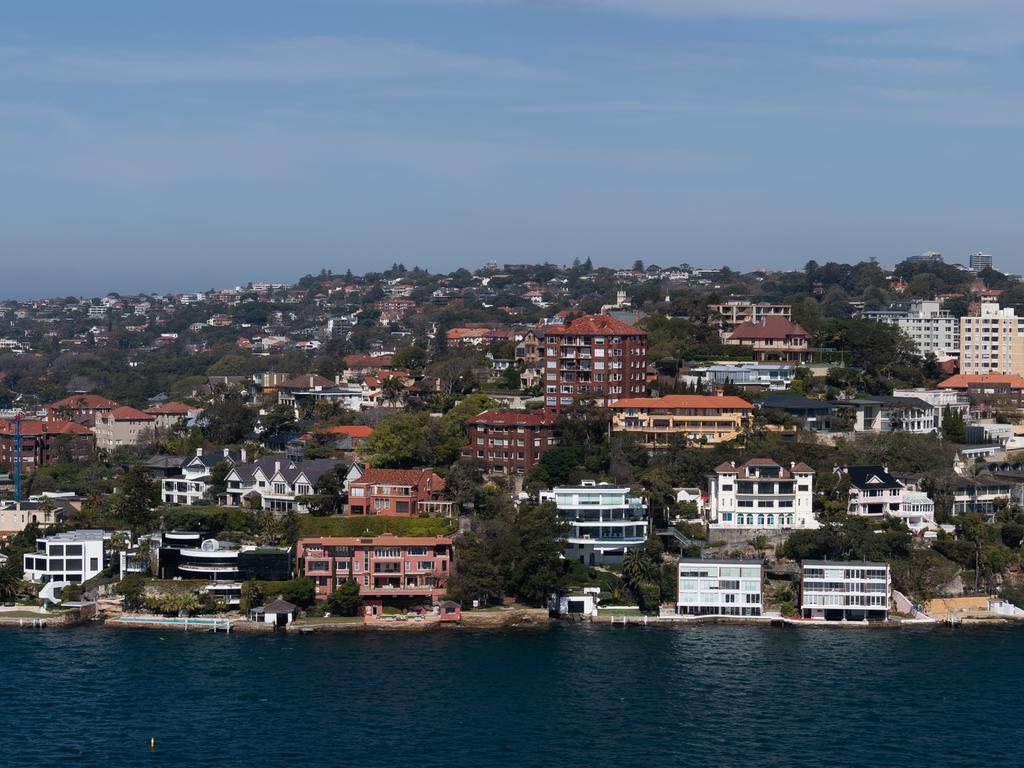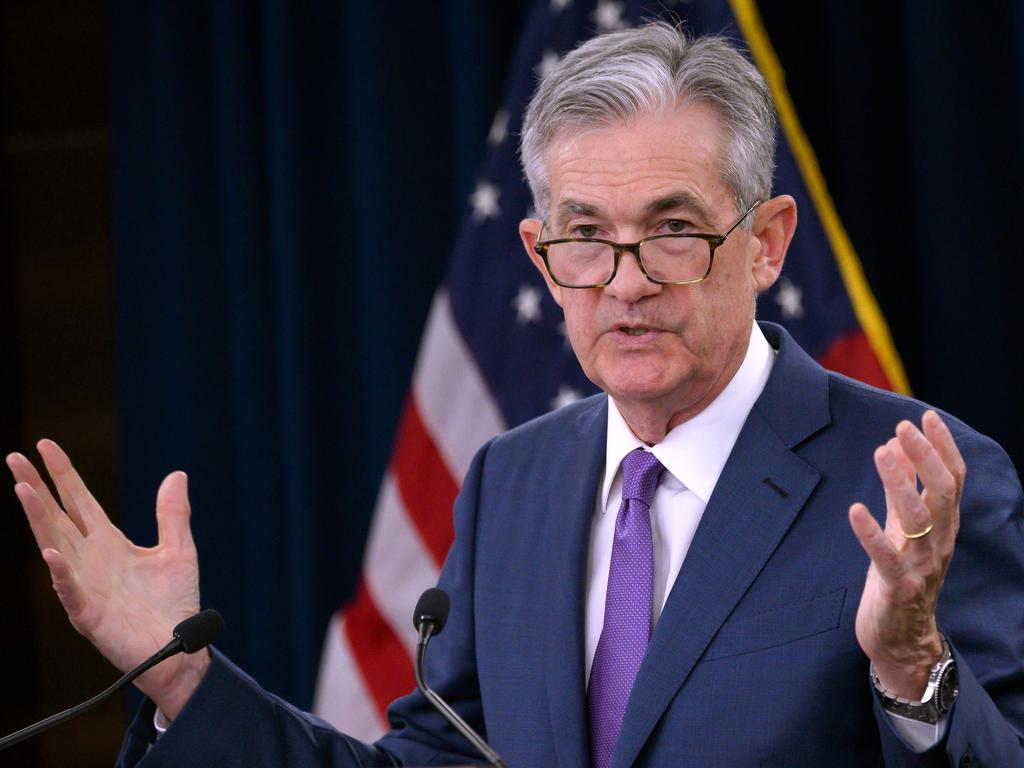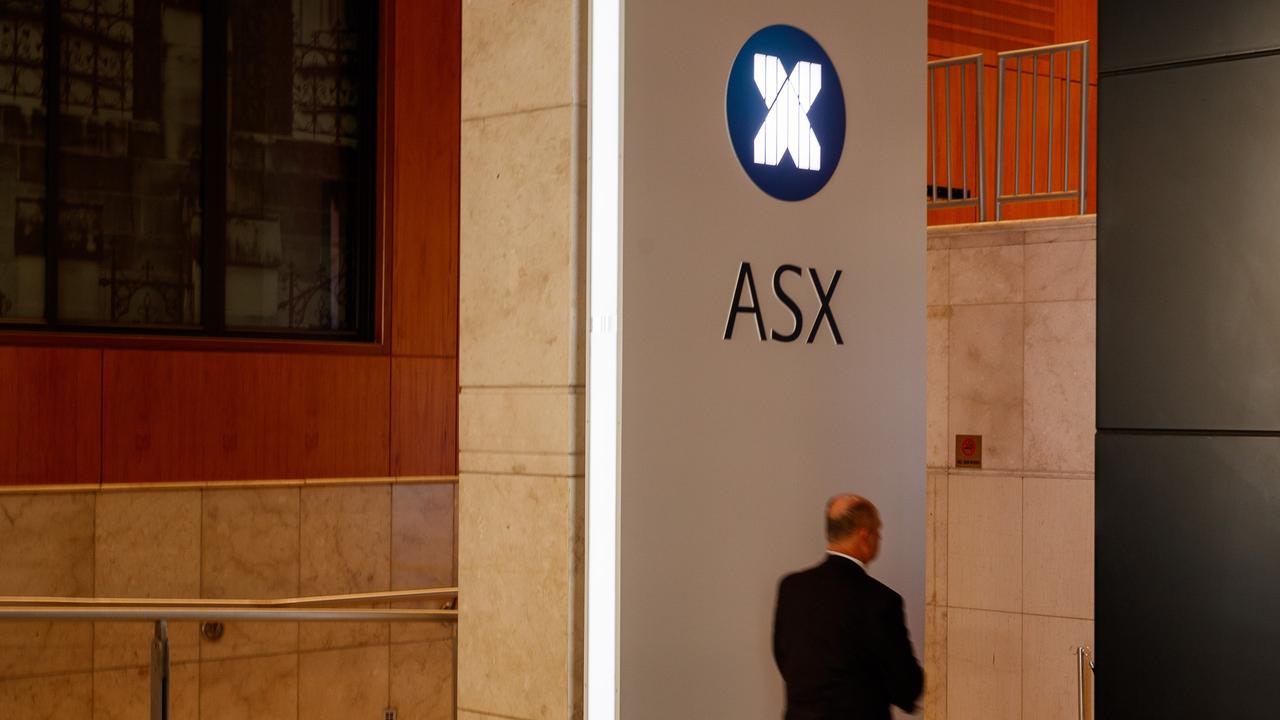Reserve Bank’s high stakes on interest rates call
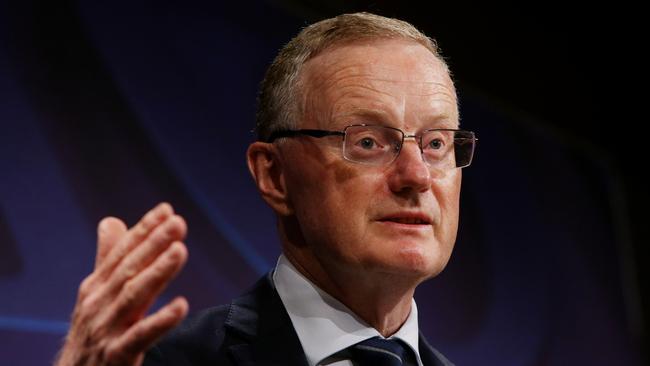
What is the greatest challenge for any leader? Events dear boy, events. The wisdom of former British prime minister Harold MacMillan could not be more fitting today.
Events are why the RBA at 2.30pm AEST on Tuesday should unanimously decide to raise the cash rate.
The event that brings unequivocal clarity to the decision was the release of the annual consumer price inflation figure to March of 5.1 per cent.
The RBA’s most recent forecast for the year to the end of June is only 3.75 per cent.
The jump in Australia’s inflation follows a series of unfortunate events and for the most part unexpected events: a Covid lockdown in China, war in Ukraine with a cascade of economic sanctions on Russia, a global fuel crisis exacerbated by that war, and a global supply chain crisis.
These events have created 8.5 per cent inflation in the US and 7.5 per cent in the eurozone. There is no real sign of the supply chain crisis abating.
At Tuesday’s critical meeting, those deciding what to do with the cash rate are governor Philip Lowe, his new deputy Michele Bullock, Treasury secretary Steven Kennedy and non-executives Mark Barnaba, Alison Watkins, Carolyn Hewson, Carol Schwartz, Wendy Craik and Ian Harper. All have a say in setting Australia’s future.
It has been argued that whether the board moves on Tuesday or holds off until June will make little difference to the economy. And that Lowe should avoid a rate change during an election.
And that the RBA board likes to give everyone a heads-up or a hint at least in its previous monthly statement before moving.
None of these arguments pass muster.
The inflation figure confirms that the RBA is behind the curve.
The market needs no heads-up. It has already priced in a rise. And all of Bloomberg’s listed economists expect a rise, with most expecting 0.25 per cent.
In the political arena, both the government and Labor have publicly acknowledged that rate rises are coming, and an imminent rise in mortgage rates (which are already on the move) is all the talk on every media platform.
It is worth going back to the RBA’s April 6 statement, which has been so far interpreted to mean that the board planned to wait for both inflation and labour costs “over coming months” before any move on rates.
The statement also said: “The board has wanted to see actual evidence that inflation is sustainably within the 2-3 per cent target range before it increases interest rates.”
Tellingly, the bank notes that higher prices for petrol and other commodities will lift inflation over coming quarters. It then warns “the main sources of uncertainty relate to the speed of resolution of the various supply-side issues, developments in global energy markets and the evolution of overall labour costs”.
While it is true that wages growth has not been consistent with the bank’s target range, price inflation from supply chain problems is surely now sustained. The board itself signalled this might happen and a rate rise should be the logical decision.
Being behind the curve risks having to go harder with higher interest rates to bring inflation back under control. That in turn risks a recession, defined as two quarters of negative economic growth.
Last week US economic growth fell 1.4 per cent for the first quarter, below analyst expectations of a 1 per cent rise. Some of the inputs to this number, including an 8.5 per cent fall in defence spending, will probably reverse.
The Federal Reserve wants a soft landing for the economy, but with inflation running at 8.5 per cent, it has signalled a 0.5 per cent rate increase this week with more to come.
Also last week, Goldman Sachs was the first bank to forecast a US recession and William Dudley, former head of the New York Fed, put the chances of achieving a soft landing at almost zero.
US economist Ken Rogoff sees the risk of a trifecta recession rising by the day: a dramatic slowdown in Europe if Germany stops taking gas from Russia; and China and the US both in recession.
Recession means job losses, which is the most important factor driving mortgage defaults.
If Rogoff is right and the rest of the world does fall into recession, what may save Australia from the same fate is its iron ore, coal, oil and gas sector – recharged by all the recent events.
On Monday ExxonMobil announced it had paid $3.1bn in federal government taxes in 2021, its first in a decade.

